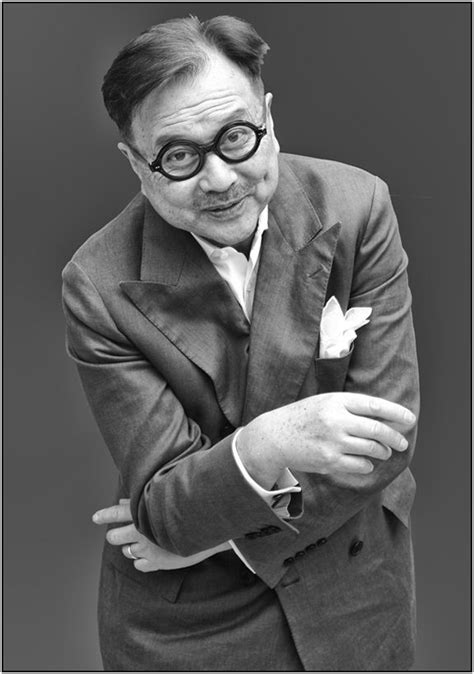A Quote by Swami Vivekananda
Man in his true nature is substance, soul, spirit.
Related Quotes
It was the secrets of heaven and earth that I desired to learn; and whether it was the outward substance of things or the inner spirit of nature and the mysterious soul of man that occupied me, still my inquiries were directed to the metaphysical, or in its highest sense, the physical secrets of the world.
Strange is the vigour in a brave man's soul. The strength of his spirit and his irresistible power, the greatness of his heart and the height of his condition, his mighty confidence and contempt of danger, his true security and repose in himself, his liberty to dare and do what he pleaseth, his alacrity in the midst of fears, his invincible temper, are advantages which make him master of fortune.
May we not have a picture of Christ, who has a true body? By no means; because, though he has a true body and a reasonable soul, John 1:14, yet his human nature subsists in his divine person, which no picture can represent, Psalm 45:2. Why ought all pictures of Christ to be abominated by Christians? Because they are downright lies, representing no more than the picture of a mere man: whereas, the true Christ is God-man
Now although man is created for the possession of happiness, yet, having deviated from his true end, his nature has become deformed and is entirely repugnant to true beatitude. And on this account we are forced to submit to God this depraved nature of ours which fills our understanding with so many occupations, and causes us to deviate from the true path, in order that he may entirely consume it until nothing remains there but himself; otherwise the soul could never attain stability nor repose, for she was created for no other end.
What is a Poet? He is a man speaking to men: a man, it is true, endued with more lively sensibility, more enthusiasm and tenderness, who has a greater knowledge of human nature, and a more comprehensive soul, than are supposed to be common among mankind; a man pleased with his own passions and volitions, and who rejoices more than other men in the spirit of life that is in him; delighting to contemplate similar volitions and passions as manifested in the goings-on of the universe, and habitually impelled to create them where he does not find them.
[T]hro? this Air, this Ocean, and this Earth, All Nature quick, and bursting into birth. Above, how high progressive life may go? Around how wide? how deep extend below? Vast Chain of Being! which from God began, Ethereal Essence, Spirit, Substance, Man, Beast, Bird, Fish, Insect! what no Eye can see, No Glass can reach! from Infinite to Thee! From Thee to Nothing.... From Nature?s Chain whatever Link you strike, Tenth, or ten thousandth, breaks the chain alike.... All are but parts of one stupendous Whole: Whose Body Nature is, and God the Soul.
He is not the soul of Nature, nor any part of Nature. He inhabits eternity: He dwells in a high and holy place: heaven is His throne, not his vehicle, earth is his footstool, not his vesture. One day he will dismantle both and make a new heaven and earth. He is not to be identified even with the 'divine spark' in man. He is 'God and not man.
The true essence of Chinese culture is sophistication, refinement, the spirit of poetry. The spirit of ink painting and calligraphy lives on forever. Calligraphy is more important than painting. Chinese always consider nature. Man is a very small part of nature. That's why in Chinese painting you see huge mountains and man very small, very humble before nature. You must be harmonious and one with nature. You don't fight it. And then there's a bit of a poetry. Of course, it's very complicated, but also very simple.
This process, this method necessary to man's survival and prosperity upon the earth, has often been derided as unduly or exclusively "materialistic." But it should be clear that what has happened in this activity proper to man's nature is a fusion of "spirit" and matter; man's mind, using the ideas it has learned, directs his energy in transforming and reshaping matter into ways to sustain and advance his wants and his life. Behind every "produced" good, behind every man-made transformation of natural resources, is an idea directing the effort, a manifestation of man's spirit.






































